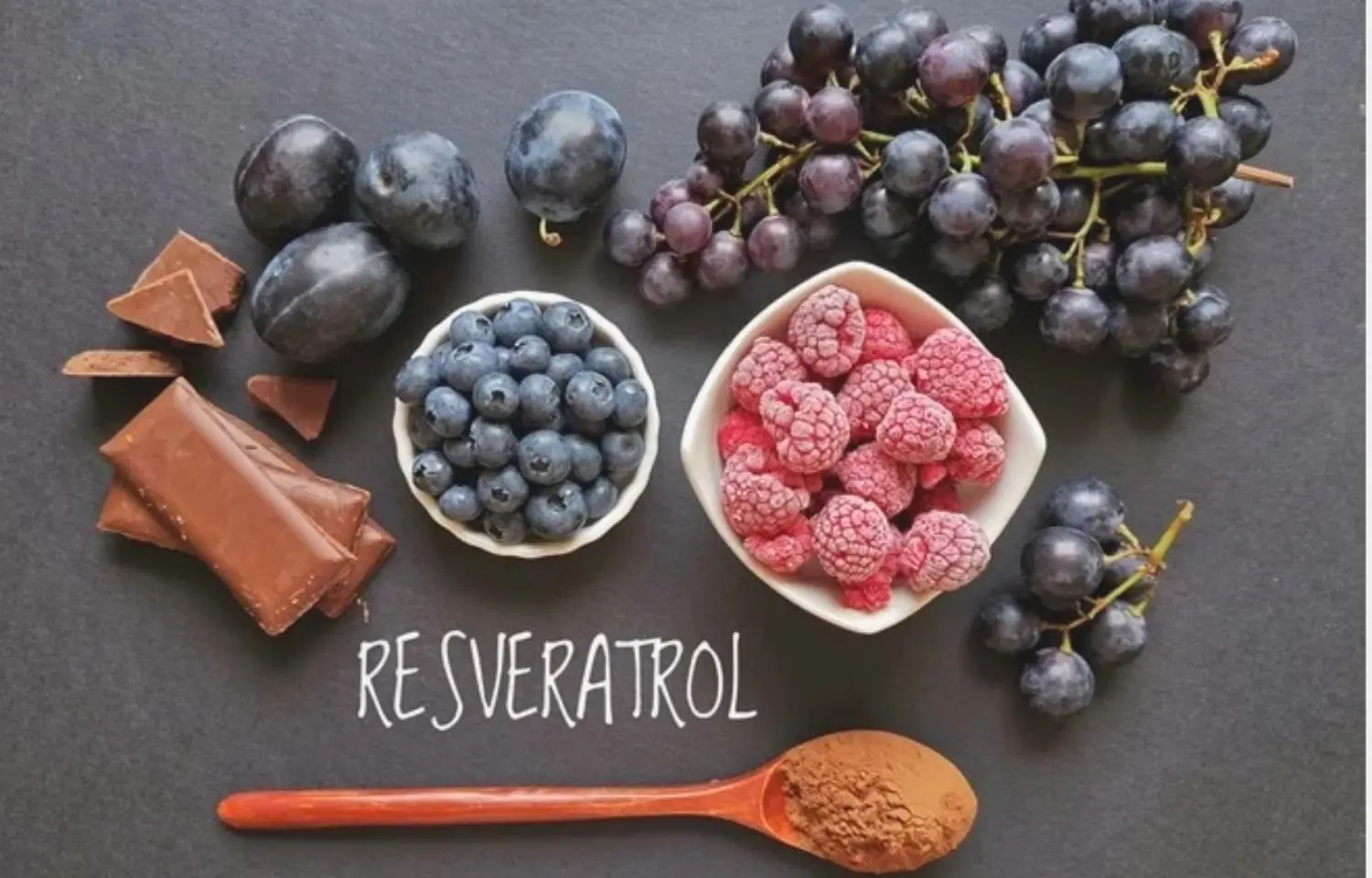- Home
- Medical news & Guidelines
- Anesthesiology
- Cardiology and CTVS
- Critical Care
- Dentistry
- Dermatology
- Diabetes and Endocrinology
- ENT
- Gastroenterology
- Medicine
- Nephrology
- Neurology
- Obstretics-Gynaecology
- Oncology
- Ophthalmology
- Orthopaedics
- Pediatrics-Neonatology
- Psychiatry
- Pulmonology
- Radiology
- Surgery
- Urology
- Laboratory Medicine
- Diet
- Nursing
- Paramedical
- Physiotherapy
- Health news
- Fact Check
- Bone Health Fact Check
- Brain Health Fact Check
- Cancer Related Fact Check
- Child Care Fact Check
- Dental and oral health fact check
- Diabetes and metabolic health fact check
- Diet and Nutrition Fact Check
- Eye and ENT Care Fact Check
- Fitness fact check
- Gut health fact check
- Heart health fact check
- Kidney health fact check
- Medical education fact check
- Men's health fact check
- Respiratory fact check
- Skin and hair care fact check
- Vaccine and Immunization fact check
- Women's health fact check
- AYUSH
- State News
- Andaman and Nicobar Islands
- Andhra Pradesh
- Arunachal Pradesh
- Assam
- Bihar
- Chandigarh
- Chattisgarh
- Dadra and Nagar Haveli
- Daman and Diu
- Delhi
- Goa
- Gujarat
- Haryana
- Himachal Pradesh
- Jammu & Kashmir
- Jharkhand
- Karnataka
- Kerala
- Ladakh
- Lakshadweep
- Madhya Pradesh
- Maharashtra
- Manipur
- Meghalaya
- Mizoram
- Nagaland
- Odisha
- Puducherry
- Punjab
- Rajasthan
- Sikkim
- Tamil Nadu
- Telangana
- Tripura
- Uttar Pradesh
- Uttrakhand
- West Bengal
- Medical Education
- Industry
Resveratrol may inhibit metabolism and reduce blood platelet function in type 2 diabetes: Study

Poland: A recent study in the journal Nutrients shows that the resveratrol-induced inhibition of platelet metabolism and TXA2 release may reduce platelet function and thrombus formation in type 2 diabetes patients. This implies the benefit of resveratrol for preventing vascular complications as a future complementary treatment in aspirin-resistant diabetic patients.
Chronic hyperglycemia can lead to vascular complications in diabetes. Resveratrol exerts anti-diabetic and anti-platelet action. Anna Michno, Department of Laboratory Medicine, Medical University of Gdańsk, Gdansk, Poland, and colleagues aimed to investigate the effects of resveratrol on metabolism and the function of blood platelets under static and in in vitro flow conditions in patients with type 2 diabetes.
For this purpose, the researchers obtained blood from 8 healthy volunteers and 10 patients with type 2 diabetes incubated with resveratrol and perfused over collagen-coated capillaries. Isolated blood platelets were incubated with resveratrol and activated by collagen for assessing platelet function, ATP release, metabolism, TXA2 production, glutathione content, and lipid peroxidation.
The study led to the following findings:
- In the type 2 diabetes group, plasma glucose and fructosamine concentrations were significantly higher than in the healthy group.
- In in vitro studies, collagen-induced thrombi formation in the blood of diabetic patients was 33% higher than in the healthy group.
- Resveratrol reduced thrombi by over 50% in the blood of healthy and diabetic patients. TXA2 production was 47% higher in diabetic platelets than in the healthy group.
- Resveratrol reduced TXA2 release by 38% in healthy platelets and by 79% in diabetic platelets.
- Resveratrol also reduced the activities of enzymes responsible for glycolysis and oxidative metabolism in the platelets of both groups.
"Resveratrol-induced inhibition of platelet metabolism and TXA2 release may lead to a reduction of platelet function and thrombus formation in type 2 diabetes patients," wrote the authors. "Resveratrol, therefore, may be beneficial to prevent vascular complications as a future complementary treatment in aspirin-resistant diabetic patients."
Reference:
Michno, Anna et al. "Resveratrol Inhibits Metabolism and Affects Blood Platelet Function in Type 2 Diabetes." Nutrients vol. 14,8 1633. 14 Apr. 2022, doi:10.3390/nu14081633
Dr Kamal Kant Kohli-MBBS, DTCD- a chest specialist with more than 30 years of practice and a flair for writing clinical articles, Dr Kamal Kant Kohli joined Medical Dialogues as a Chief Editor of Medical News. Besides writing articles, as an editor, he proofreads and verifies all the medical content published on Medical Dialogues including those coming from journals, studies,medical conferences,guidelines etc. Email: drkohli@medicaldialogues.in. Contact no. 011-43720751


